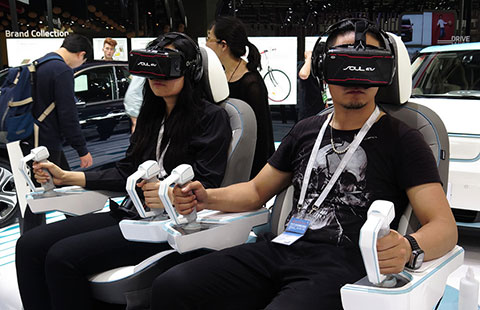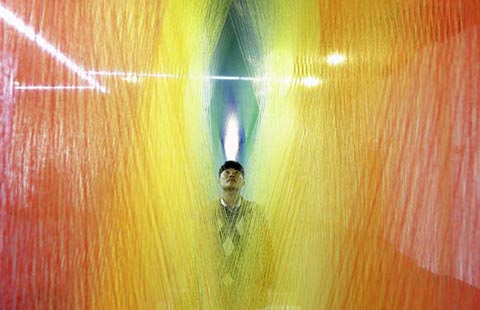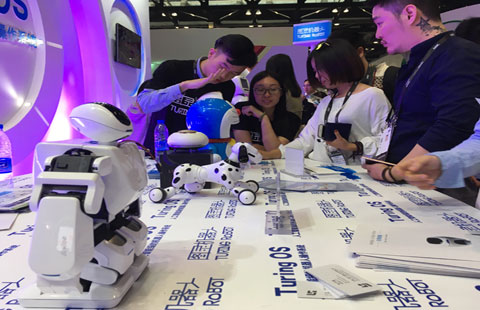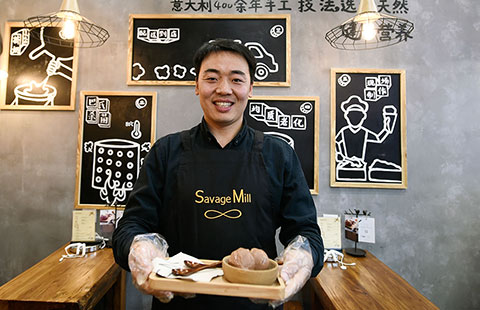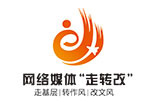Tax fog boggles property developers
By Zheng Yangpeng (China Daily) Updated: 2016-05-03 07:12Asked about the issue, Vice-Finance Minister Shi Yaobin said that he did not believe this would be the case.
"Companies' primary focus is profits. If an investment does not align with the company's business, I don't think they'll buy properties simply for the purpose of tax credit."
Other experts shared similar views. Wu said the purchase of real estate requires a large sum of money, which far exceeds the benefits in the new VAT credit. "Not many companies that are not real estate investment-focused have large enough cash flow to buy properties," he said.
Homebuyers' burden to ease
There is no cause for concern that the new value-added tax may increase homebuyers' tax burden, tax officials said in a circular.
For the first time, VAT will cover individuals besides companies in sales of existing homes. This has given rise to concern that buyers will pay more tax in such transactions.
The circular clarified that the VAT rate for individual secondhand home sales will be 5 percent, the same as the previous business tax rate.
Wang Kang, deputy director of the State Administration of Taxation, said last month that VAT will likely help reduce the tax burden. For, the taxable amount will likely be lower under the VAT system.
"The business tax rate was 5 percent. If people spent 1 million yuan, they would pay a 50,000 yuan ($7,720) business tax. But under the VAT system, taxable base will be 1 million divided by 1+5%," he said.
The buyers of secondhand homes will pay 2,400 yuan less as tax under the VAT system.
- China's manufacturing activity rebounds to nine-month high
- Online literature is inspiring top-grossing Chinese movies
- Financial world watches China to assess effect of the tax reform
- Officials delink VAT, rise in hotel room rates
- Covestro upbeat on manufacturing sector
- SAIC unveils 'big' plans for new-energy vehicles
- AIIB sets up co-financing road project in Pakistan
- Tax fog boggles property developers

